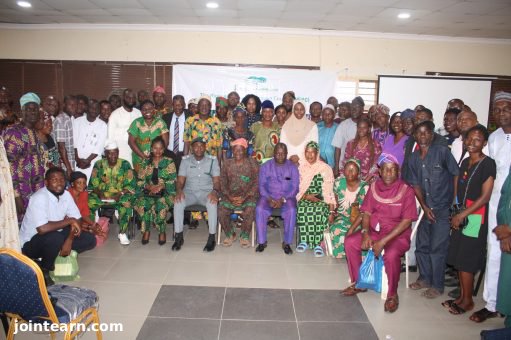
The Nigerian Export Promotion Council (NEPC) has called for stronger efforts to formalise informal cross-border trade (ICBT), describing it as a “dynamic and indispensable part of Nigeria’s trade landscape.” Speaking at a technical session in Ibadan, Mrs. Nonye Ayeni, NEPC CEO, represented by Mrs. Bolanle Emmanuel, highlighted that ICBT sustains livelihoods—particularly for women and youth—supports regional food security, and strengthens economic ties across West Africa.
Ayeni noted that much of this trade remains unrecorded, limiting Nigeria’s non-oil export statistics. To address this, NEPC is collaborating with the National Bureau of Statistics (NBS) to collect accurate trade data along key border corridors, inform policy, and integrate traders into the formal export ecosystem.
Key presentations highlighted the importance of proper documentation, trade statistics, and compliance for market entry. Speakers stressed that formalising ICBT would enhance visibility, access to finance, foreign exchange earnings, and alignment with global standards.
Representatives from the Nigeria Customs Service (NCS) emphasized their dual role in facilitating legal trade and enforcing regulations, noting ongoing initiatives such as the Trade Modernisation Project to digitise operations and improve transparency. Customs also works with NEPC, SON, and NAFDAC to ensure product quality for exports.
Traders and industry stakeholders praised NEPC’s interventions, including capacity-building programs and international certifications for products like cashew and shea butter. Dr. Ayobami Omotoso, President-General of Okerete Transnational Border Town Markets, said NEPC’s support has enabled the shea butter facility to produce 40 metric tonnes monthly to international standards.
NEPC reiterated its commitment to empowering border traders through training, simplification of export procedures, and collaboration with agencies to maximise Nigeria’s participation in regional and global trade, including AfCFTA opportunities.


Leave a Reply